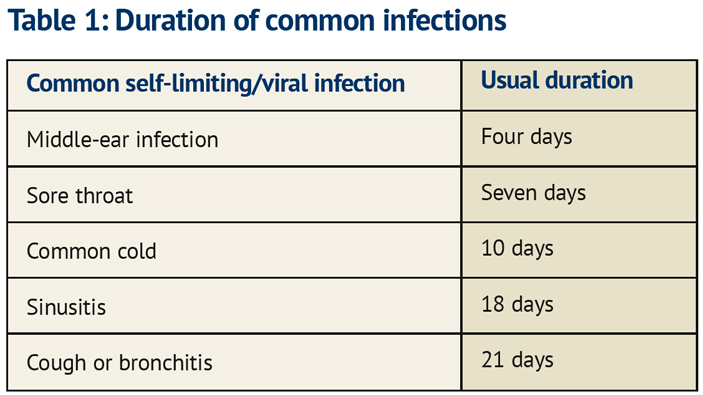Everyone has a role in tackling antimicrobial resistance, including the Government, professional bodies and organisations, pharmaceutical companies, the public and healthcare professionals working in both human and animal health.
It is important to establish the role of community pharmacists in tackling AMR because the majority of antimicrobial prescribing €“ 79 per cent in the UK €“ occurs in the community. Pharmacists and pharmacy teams therefore have an important role in educating the public with self care advice, and they have a key role in antimicrobial stewardship. One- third of the public believe that antibiotics will treat coughs and colds, and one in five people expect antibiotics when they visit their doctor. Pharmacy can make important contributions to public knowledge, awareness and managing their expectations.
Preventing infection
Hand hygiene is important in preventing transmission of infection in all health and social settings. Cleaning hands properly is the single most important thing everyone can do to help reduce the spread of infections, and it helps protect you, your patients, your family and those around you.
Vaccination uptake
Flu vaccinations can help reduce complications and the severity of flu symptoms, thus reducing the need for antibiotics to be prescribed for flu symptoms. This also reduces the pressure on GP and A&E services. Vaccines can decrease the use of antibiotics directly by preventing primary infection and indirectly by preventing bacterial superinfection after a primary vaccine-preventable illness, such as flu. Pharmacy teams should therefore encourage at-risk patients to increase their uptake of all vaccinations.
The first port of call
Community pharmacy teams are well placed to provide effective advice for patients with self-limiting infections, including self care advice for symptomatic relief. Helping to manage patient expectations by explaining the likely duration of these infections (see Table 1) and which symptoms require medical attention are also important contributions.

Self care advice includes:
- Getting plenty of rest
- Drinking enough fluids
- Taking paracetamol or ibuprofen for pain relief or to relieve a fever
- Protecting themselves and others against colds and flu (i.e. vaccination, hand washing to prevent spread of viruses, using paper tissues and carefully disposing of them)
- Avoiding smoking or being exposed to smoke-filled environments.
Red flags which indicate that referral to a GP is necessary, include:
- Persistent raised temperature (39°C and above) for longer than three days
- Severe headache with vomiting or severe earache
- Coughing up blood or blood-stained mucus on more than one occasion
- Chest pain
- Difficulty breathing or swallowing
- Unusual skin rash
- Confusion, slurred speech, drowsiness.
